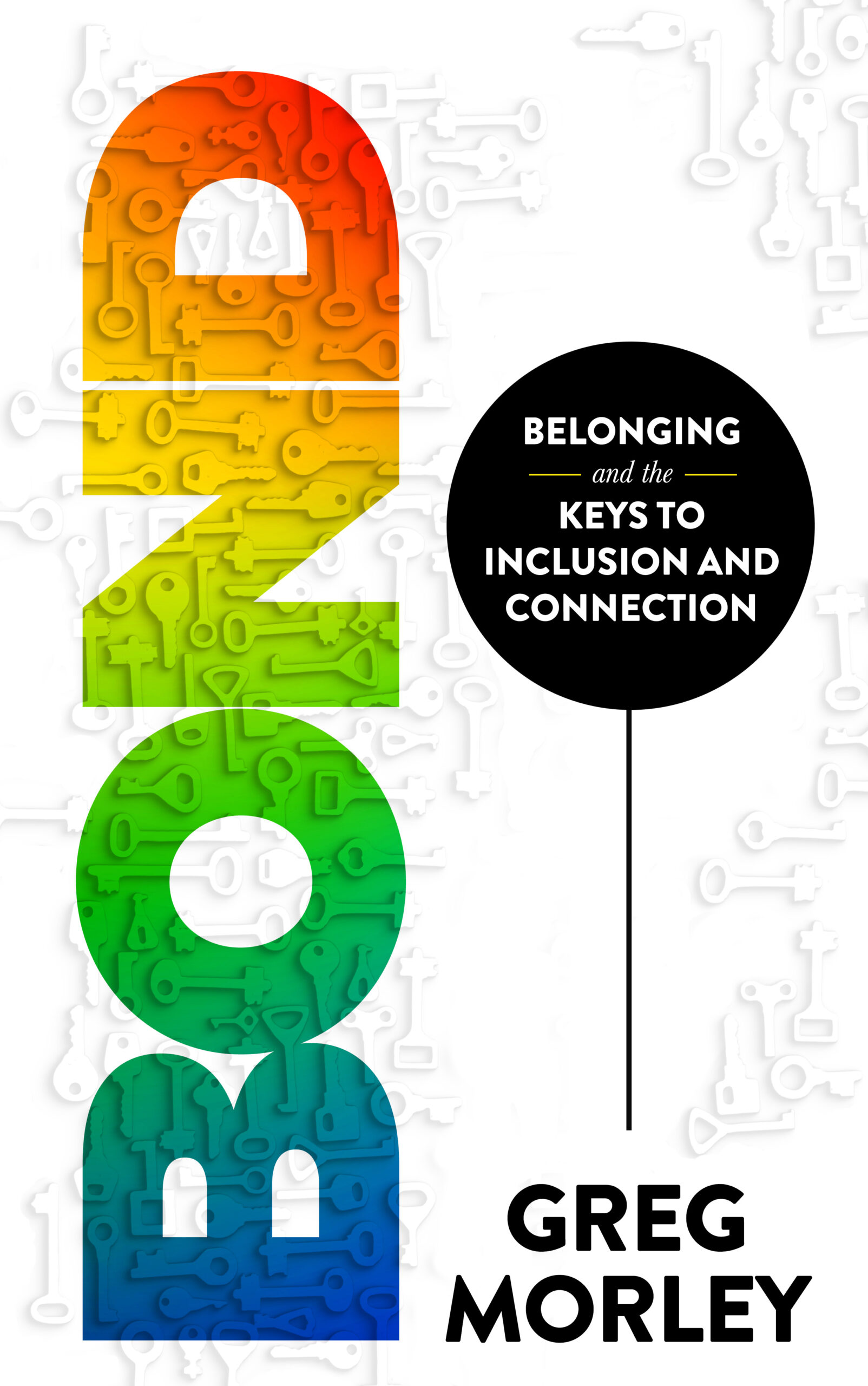
Contemporary leadership needs two linked capacities, connection and resilience.
Connection gives people clear standing and fair process, so information moves early and candidly across hybrid teams, across time zones, and across functions. Resilience keeps execution steady under volatile conditions, tight cycles, and constant change.
The evidence is practical, not theoretical: belonging and psychological safety predict better learning and decision quality. Guided resilience skills reduce distress and improve problem solving; reliable relationships lower reactivity and support clearer
decision making and judgment. Put simply, leaders who make belonging visible and resilience repeatable get fewer surprises, faster updates, cleaner handoffs, stronger retention, and better results.
I wrote Bond first because most teams do not fail for lack of talent, they fray for lack of belonging. When people feel they matter to one another, they tell the truth sooner, share risk, and stay long enough to build something durable. Belonging is the foundation for going above and beyond the day-to-day. Bond: Belonging and the Keys to Inclusion and Connection gathered the practical moves that make inclusion visible in the day to day, not just in speeches.

I wrote Rally: A Guide to Building Resilience next because connection alone is not enough. Markets shift, plans slip, and teams need the capacity to recover and adapt together. The research is blunt, stronger social ties are associated with a fifty percent greater likelihood of survival across 148 longitudinal studies. If relationship quality moves mortality curves, it will move decision quality, learning speed, and delivery time
inside a company. Connection is risk control; it is the soil where resilient execution grows.
Psychology explains why these books belong together. Teams think more accurately when threat is low and psychological safety is real. Amy Edmondson’s field work links safety to team learning and, through learning, to performance. In practice that looks like people surfacing errors quickly and turning them into improvements instead of defensiveness. Belonging is the felt side of the same mechanism, I have standing here, so it is safe to say what is true.
Neuroscience adds what happens in the body. Under stress, social support down-regulates the threat response. In controlled MRI experiments, simply holding a trusted hand reduced activation in regions tied to fear and vigilance, and the better the
relationship, the stronger the calming effect. Translate that to leadership and you get a simple operating rule, a steady manager, a fair process, and a predictable path forward help the brain return to high quality judgment when the stakes are high.
Bond makes belonging visible so people will show up with their full judgment and effort. Rally makes resilience repeatable so they can keep going in the right direction under pressure. Together, they create adaptive capacity, fewer surprises, shorter postmortems, steadier delivery, and a culture that can take on harder problems without burning people down.
Greg Morley is a global HR and leadership authority, author, and trusted voice on belonging, resilience, and cross-cultural leadership. With nearly 30 years of experience at companies like Disney, GE, Hasbro, and LVMH/Moët Hennessy, Greg has seen firsthand how human connection drives productivity, innovation, and resilience. His work centers on one powerful truth: when people feel they belong, they flourish, and so does the organisation. Visit www.gregmorley.com for speaking engagements and appearances.

by Greg Morley


